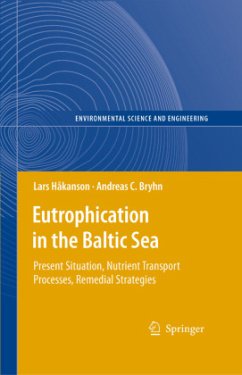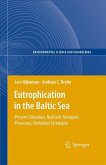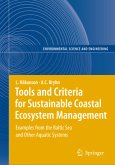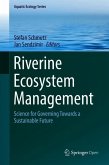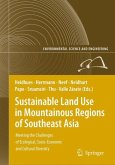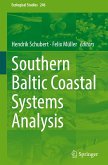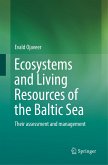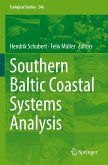For many years the reduction of eutrophication in the Baltic Sea has been a hot issue for mass-media, science, political parties and environmental action groups with manifold implications related to fisheries (will the Baltic cod survive?), sustainable coastal development (have billions of Euros been wasted on nitrogen reductions?), ecotoxicology (can we safely eat Baltic fish?). This book takes a holistic process-based ecosystem perspective on the eutrophication in the Baltic Sea, with a focus on the factors regulating how the system would respond to changes in nutrient loading. This includes a very special process for the Baltic Sea: land uplift. After being depressed by the glacial ice, the land is now slowly rising adding vast amounts of previously deposited nutrients and clay particles to the system. 110,000 to 140,000 tons of phosphorus per year are added to the system from land uplift, in comparison to the 30,000 tons of phosphorus per year from rivers.
Bitte wählen Sie Ihr Anliegen aus.
Rechnungen
Retourenschein anfordern
Bestellstatus
Storno

